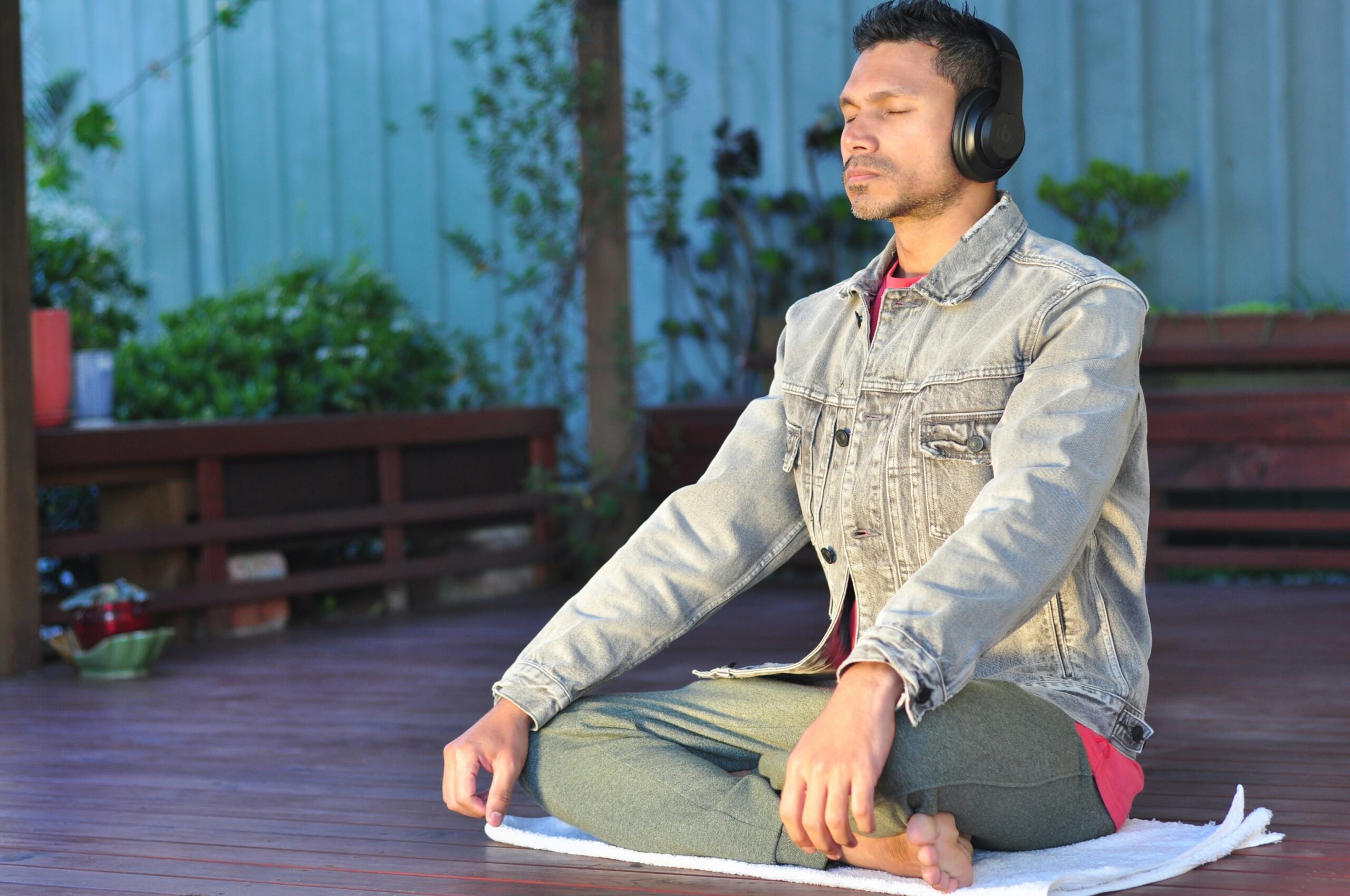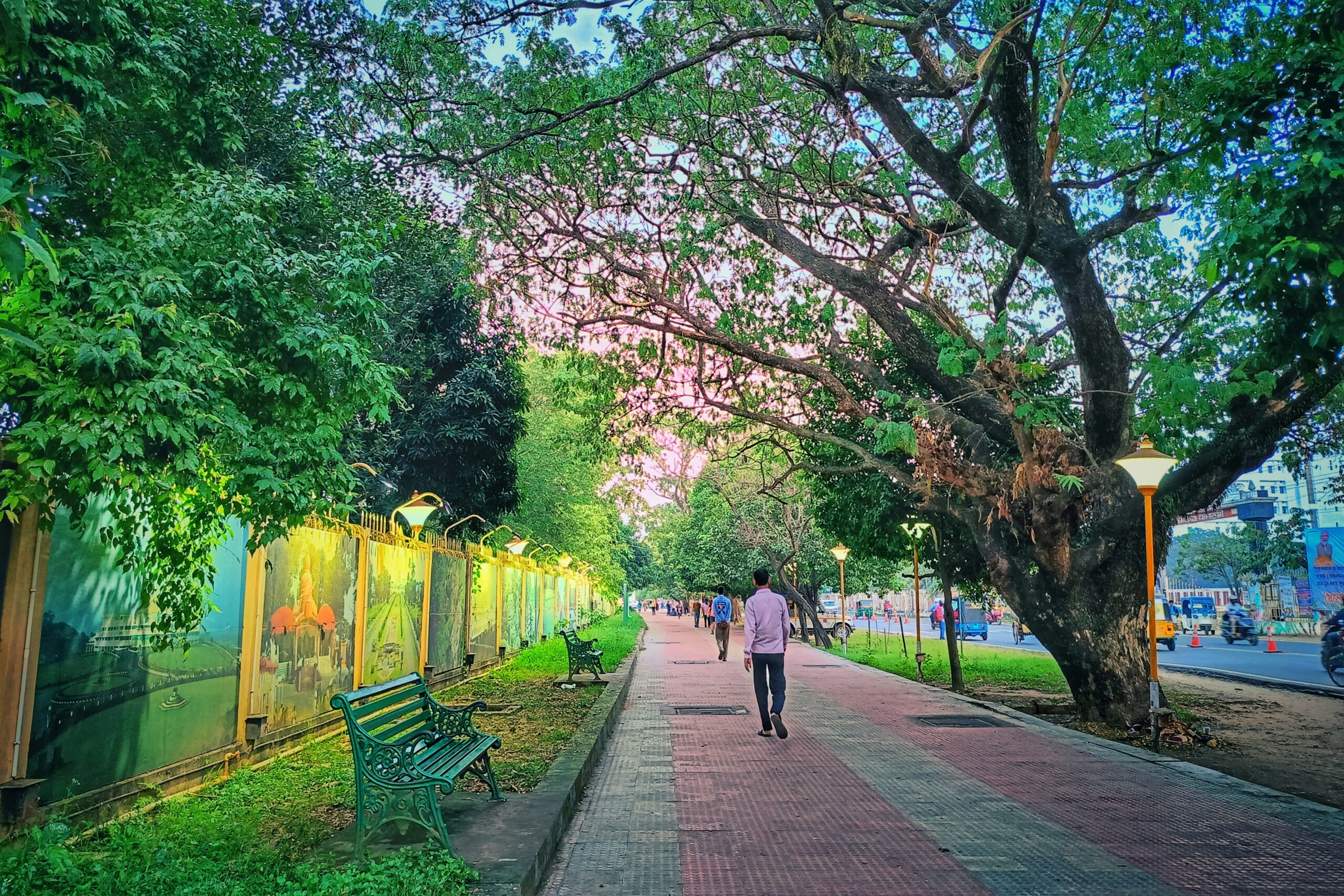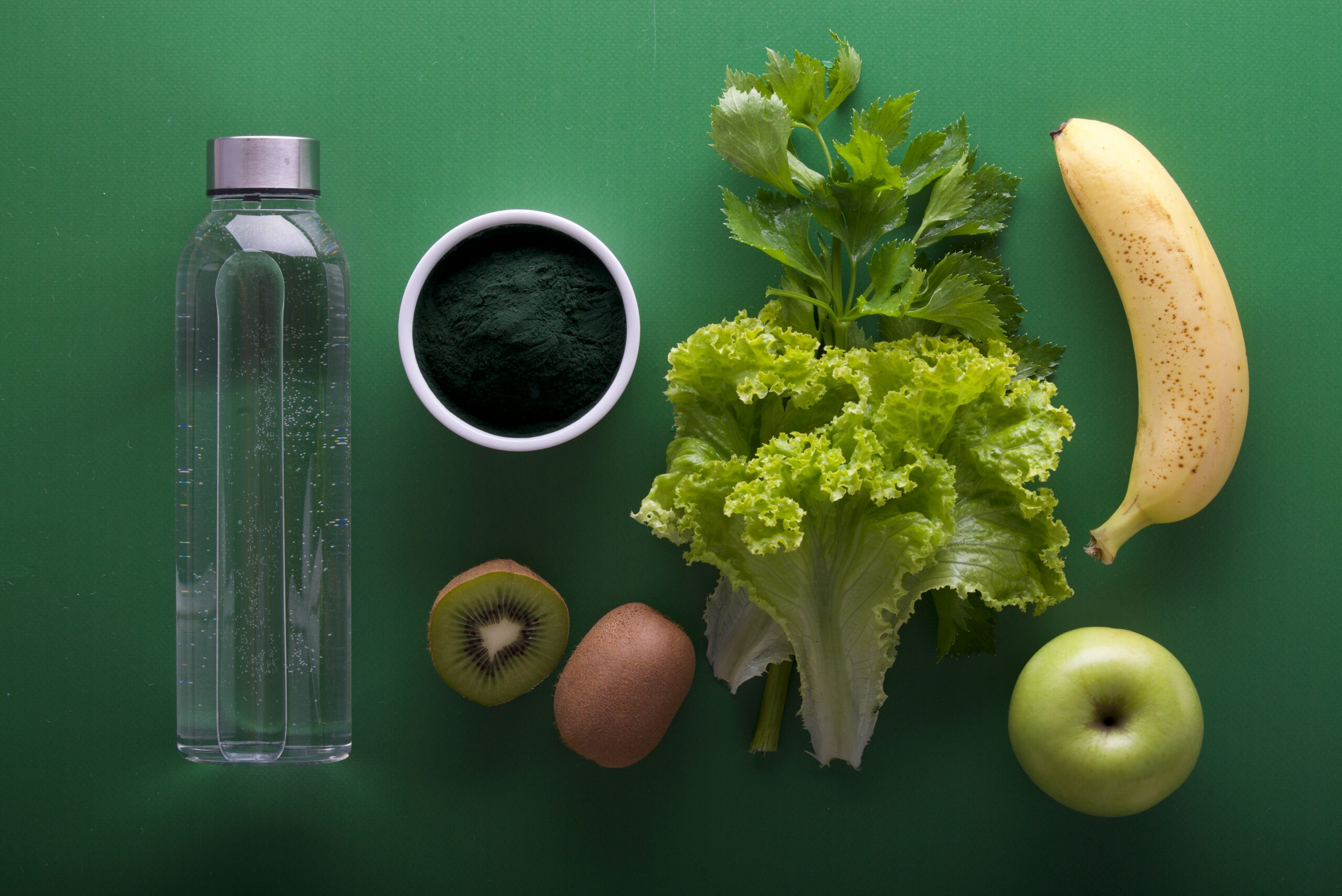Health Hacks Backed by Science: 7 Simple Ways to Boost Your Energy

Introduction
Do you feel tired at 15:00? Flashing five times before you pull out of bed? You are not alone. In our fast paced world, chronic fatigue has become the quiet epidemic of modern life.But what if the solution is not a cup of coffee or a sugary energy drink but quite simple, science-supported health habits that actually work?
Forget about gimmicks and quick solutions.Real, lasting energy comes from coordinating your daily routine with your body’s natural biology. Good news? You do not need a personal trainer, a supplement of $ 200 or 10 hours of sleep to feel alive. Everything you need is the right health care proven by research and processed by experts.Here are 7 simple, science supported ways to increase your energy on-start-ups today.
Table of Contents
1. Hydrate First Thing in the Morning (Before Coffee!)
Dehydration is one of the most overlooked causes of fatigue.Even mild dehydration-only 1-2% under optimal levels can weaken cognitive function, mood and physical performance.
When you wake up, your body is without fluids for 6-9 hours.It may seem intuitive to reach coffee to begin with, but caffeine is diuretic it can aggravate dehydration if you are not careful.Hack: Drink a full glass (16 grams) water immediately after waking up.Add lemon juice to electrolytes and a mild metabolic nudge.
Science says: A 2018 study in the Journal of Nutrition found that participants who increased the daily water intake had significantly increased energy levels and reduced feelings of fatigue even without changing anything about their daily routine.This little health ritual sets the mood for the whole day: clearly, and alert and hydrated.
2. Move your body within 30 minutes after waking up
You don’t need a 60-minute gym to awaken your energy. In fact, only 5-10 minutes of gentle movement can immediately wake up to your circulation, improve your mood and give your nervous system.try:
Fast walk around the block,light yoga or stretching,7-minutes.
Why it works: Physical activity increases blood flow and oxygen supply to your brain and muscles.It also triggers the release of endorphins and norepinephrine neurochemicals that sharpen the focus and fight mental fog.Science says: Research from the University of Georgia shows that sedentary adults who only did 20 minutes of low intensity exercise three times a week reported a 65% reduction in fatigue over six weeks.It’s not about the fitness it’s about health driven vitality.Movement is medicine.

3. Eat Protein-Rich Breakfasts (Ditch the Sugary Cereals)
That bowl of frosted flakes can taste sweet, but it is a one way ticket to a crash at 10am.Refined carbohydrates spikes your blood sugar, leading to a rapid insulin response that leaves you slow, irritable and craving for more sugar.
HACK: Prioritize 20-30 grams of high quality protein for breakfast.Think eggs, Greek yogurt, cottage cheese, tofu scramble or pure protein smoothie.Protein stabilizes blood sugar, slows digestion and provides essential amino acids for your brain to produce neurotransmitters such as dopamine and serotonin which play large roles in motivation and mood.
Science says: A study in 2020 in the American Journal of Clinical Nutrition found that participants who had a breakfast of high protein experienced more satiety, better concentration and persistent energy throughout the morning than those who ate a carbohydrate heavy meal.Your morning meal is not just food it’s health fuel.
4. Take advantage of the power of natural light
Sunlight is not just for vitamin D it’s the body’s primary timer.Exposure to natural light in the morning helps regulate your circadian rhythm, the inner clock that controls sleep, release of hormones and energy cycles.
Hack: Within 30 minutes after waking up, you spend at least 10-15 minutes on the outdoor sunglasses, no phone, just you and the sky.Even on cloudy days, outdoor lights are 10-50 times brighter than indoor light.If you work indoors, place the desk near a window or take meetings on foot whenever possible.
Science says:A landmark survey from Northwestern University found that office workers exposed to natural daylight slept 46 minutes more per night and reported significantly higher energy and quality of life than those living in windowless environments.Light = life.And life = health.
5. Take Strategic Micro-Breaks (Not Just Coffee Breaks)
Sitting without moving for hours loses your energy. But the solution doesn’t work harder, it works better.HACK: Take a 2-5 minute “microber in 60-90 minutes.”Get up, stretch, go to the water cooler, or take some deep breaths. Even better step outside for fresh air.These short breaks prevent mental fatigue, improve circulation and improve your focus.
Science says: A study of 2021 in recognition showed that short distractions from a task dramatically improve long term focus and performance.The participants who took short breaks maintained steady energy and accuracy, while the participants who did not see a steady decline.
Your brain is not a machine it is a living system that thrives on rhythm.Honor this by taking intentional health breaks.

6. Optimize your sleep environment (not just sleeping)
You may get 8 hours of sleep but if your sleep quality is bad, you will still wake up tired.Fragmented or shallow sleep prevents your body from entering deep restorative stages (such as strap and slow-wave sleep), where cellular repair and energy restoration occur.
Hack: Make a sleep shrine:
Keep your bedroom cool (60-67 ° F).Remove all blue light (phones, TV, LED) 1 hour before bedtime.Use black curtains and white noise if necessary.
Keep a regular bedtime even on weekends.
Science says: The National Sleep Foundation confirms that sleep quality is as important as quantity.Poor sleep hygiene interferes with cortisol rhythms, increases inflammation and is directly related to daytime fatigue even in people who “get enough sleep.”Real health begins in the dark.
7. Practice “Energy Hygiene” with Mindful Breathing
Stress is a quiet energy tissue.Chronic stress puts your body into “fight-or-flying” mode, flooding your system with cortisol and adrenaline hormones that are useful in emergency feasibility, but exhausting when continuously activated.Hack: Practice even breathing inhale for 4 seconds, exhale for 6 seconds for just 3 minutes, twice a day.
This simple technique activates your parasympathetic nervous system (your “rest-and-digest” mode), lowers the heart rate, reduces anxiety and restores calm energy.Science says: A 2017 study in psychology boundaries showed that only 10 minutes of slow breathing significantly reduced stress markers and improved subjective energy levels in healthy adults.You do not need to meditate in one hour. You just need to breathe with intention the cornerstone of general health.
The big picture: Energy is a reflection of your health
Let’s be clear: Low energy is not just a disadvantage, it’s often a warning sign. Persistent fatigue may indicate nutritional deficiency (such as iron or B12), thyroid images, sleep apnea or chronic stress.If you have implemented these hacks and still feel tired, you can contact a health care provider.
But for most people, the path to live energy is not in pills or potions, it is in daily choices that honor your biology.
These 7 science -supported health chops are not about perfection. They are about progress. Start with one. Master it. Then add another. Over time, these are subtle habits of a life of sustained energy, clarity and resilience.Because health is not just the absence of illness it is the presence of vitality.
Final Thoughts: Your Energy is your largest asset
In a world that glorifies burnout, it is a basic act of self respect. It says: I matter. My time means something. My life matters.
You don’t need more hours in the day. You need more life in your hours.So tomorrow morning, before you check your phone or pour that coffee drink the water. Step into the light. Move your body. Feed yourself well.Your future self will thank you.And remember: true health isn’t complicated. It’s consistent.
Q: Can short bursts of exercise really boost energy?
A: Yes! Just 10 minutes of brisk walking or light movement increases blood flow and oxygen to the brain, triggering endorphins and reducing fatigue backed by studies from the University of Georgia.
Q: Does hydration affect energy levels?
A: Absolutely. Even mild dehydration (as little as 2% fluid loss) can impair focus, mood, and physical stamina. Drinking water throughout the day is one of the simplest, most effective health hacks for sustained energy.
Q: How does sleep quality impact daytime energy more than sleep quantity?
A: Deep, uninterrupted sleep allows your body to repair and recharge. Poor sleep quality like frequent awakenings or lack of REM cycles leaves you tired even after 8 hours. Prioritizing sleep consistency and environment often boosts energy more than just “sleeping longer.”








